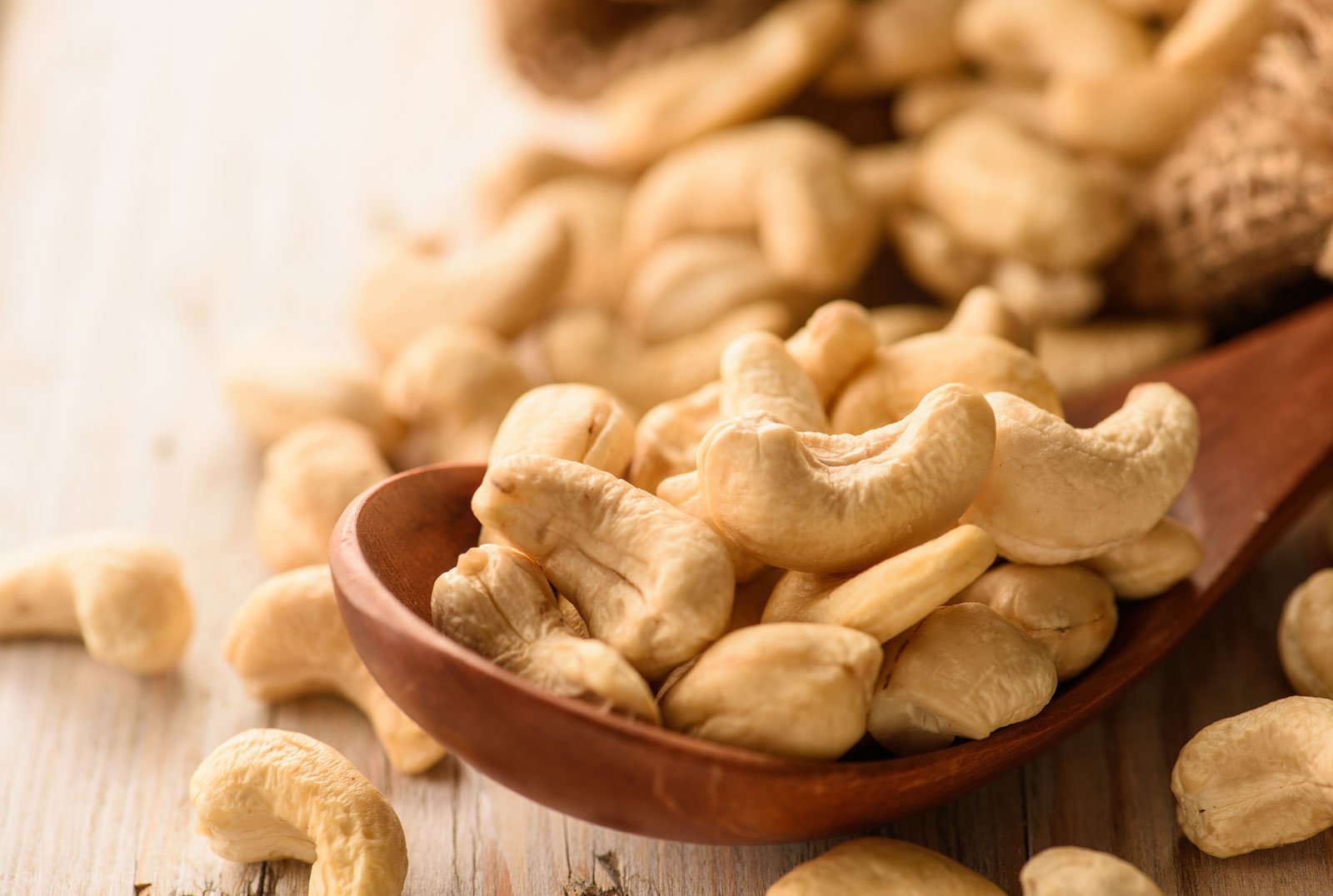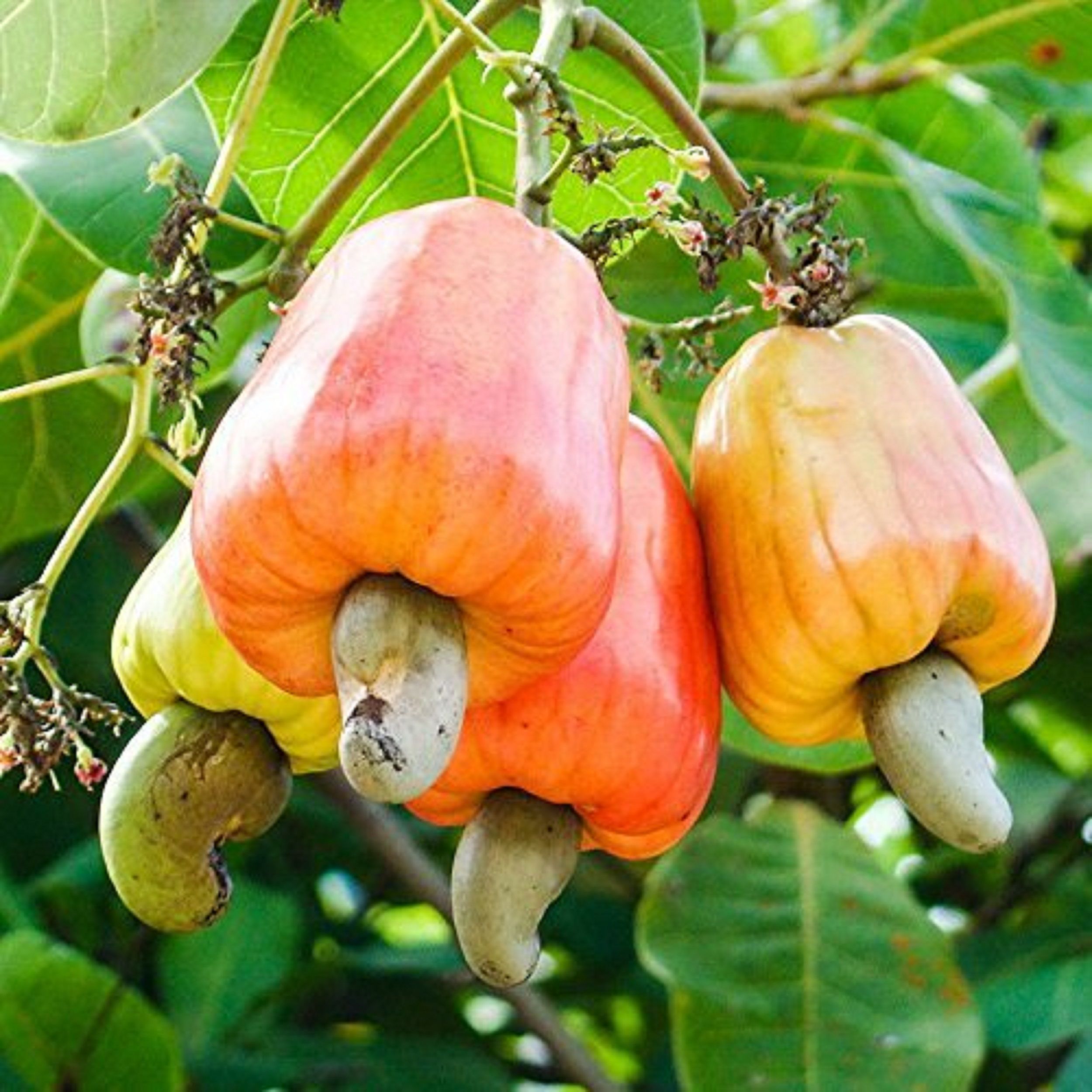Cashew farming holds immense potential for boosting income and driving economic growth, especially in tropical regions where the crop thrives. However, maximizing cashew nut yields requires more than just planting trees and waiting for a harvest. Farmers must adopt innovative techniques that improve soil health, manage pests effectively, and adapt to changing climate conditions. This article will explore practical tips for cashew farmers looking to boost their yields and profitability.
1. Soil Health: The Foundation of High Yields
Healthy soil is the cornerstone of successful cashew farming. Cashew trees prefer well-drained, sandy or loamy soils with a pH between 5.0 and 6.5. Here are some key practices to improve and maintain soil health:
- Soil Testing and Nutrient Management: Before planting cashew trees, it’s crucial to conduct soil tests to determine nutrient levels. Based on the results, apply fertilizers rich in nitrogen (N), phosphorus (P), and potassium (K), as well as micronutrients like zinc, iron, and magnesium. Organic fertilizers like compost or manure can improve soil structure and provide a steady release of nutrients.
- Mulching: Mulching with organic materials such as grass clippings, leaves, or straw helps retain soil moisture, regulate temperature, and suppress weed growth. It also breaks down over time, enhancing soil fertility.
- Cover Crops: Growing cover crops like legumes between cashew trees can fix nitrogen in the soil, improve organic matter, and prevent erosion. They also help in suppressing weeds and conserving moisture.
- Soil Conservation Techniques: On sloping lands, soil erosion can be a major issue. Contour planting and building terraces are effective ways to reduce soil loss and improve water retention.
2. Pest Control: Protecting Your Crop from Damage
Pest infestations can drastically reduce cashew yields if not managed properly. Cashew trees are susceptible to pests such as aphids, tea mosquitoes, and cashew stem borers. Integrated pest management (IPM) offers a sustainable solution by combining biological, cultural, and mechanical controls. Here are some strategies:

- Biological Controls: Encourage natural predators like ladybugs, spiders, and parasitic wasps, which prey on harmful insects. You can also introduce beneficial insects such as Trichogramma wasps that target pest eggs.
- Cultural Practices: Regular pruning helps improve air circulation, reducing humidity levels that encourage pest infestations. Also, timely removal of damaged or infested branches prevents the spread of pests.
- Mechanical Controls: Use traps or barriers like sticky tapes and pheromone traps to capture pests. Hand-picking pests from the trees, especially during early infestations, can also minimize damage.
- Organic Pesticides: Neem oil, insecticidal soaps, and garlic-based sprays are eco-friendly options for pest control. These products are less harmful to beneficial insects and the environment compared to chemical pesticides.
- Monitoring and Early Detection: Regularly inspect your trees for signs of pest activity. Early detection allows for targeted interventions, preventing infestations from spreading across the farm.
3. Climate Adaptation: Preparing for a Changing Environment
With climate change leading to unpredictable weather patterns, cashew farmers must adopt climate-resilient strategies to safeguard their yields. Here are a few approaches:
- Drought-Resistant Varieties: Planting drought-tolerant cashew varieties can help mitigate the effects of erratic rainfall patterns. These varieties are better suited to withstand periods of water stress, ensuring steady production even during dry spells.
- Water Management: Implement efficient irrigation systems like drip irrigation or soaker hoses to minimize water usage while ensuring that cashew trees receive adequate moisture. Mulching also plays a role in conserving water by reducing evaporation from the soil.
- Shade Management: While cashew trees can tolerate high temperatures, extreme heat can stress the plants and reduce yields. Planting shade trees like neem or moringa around the farm can provide relief from scorching temperatures without competing for nutrients.
- Windbreaks: Strong winds can cause physical damage to cashew trees and flowers, leading to reduced nut production. Establishing windbreaks using fast-growing trees or shrubs can protect the cashew crop from wind damage while also contributing to soil conservation.
- Climate Monitoring: Keep track of local weather patterns and adapt your farming practices accordingly. For example, delaying planting or adjusting irrigation schedules based on rainfall forecasts can help prevent yield loss due to drought or flooding.
Conclusion
Maximizing cashew nut yields requires a holistic approach that focuses on soil health, pest control, and climate adaptation. By maintaining healthy, fertile soils, farmers can create the ideal conditions for cashew trees to thrive. Integrating pest management strategies ensures that crops are protected from pests without relying on harmful chemicals, while climate adaptation techniques help safeguard yields in an unpredictable environment. With these practical tips, cashew farmers can increase their productivity and profitability, contributing to the growth of the cashew industry.
By staying informed and investing in sustainable farming techniques, cashew growers can unlock the full potential of their orchards, yielding not just more nuts, but a more prosperous future.
Ajigofarms is a reliable global agricultural purchase sourcing with profound expertise in the manufacturing, and exportation of food crops. We are tested, and trusted suppliers of all kinds of cash crops and food crops. Our constant supply chain solution makes exporting easy, quick, and safe, we are identified with timeliness and meeting up with deadlines. Regardless of the region you are located in worldwide, you can reliably order your Agric products and be rest assured of successful delivery.




